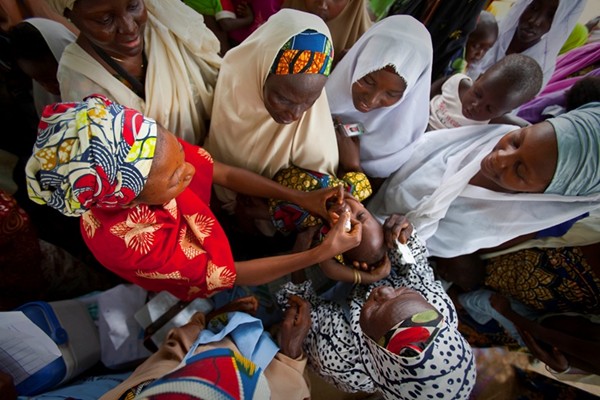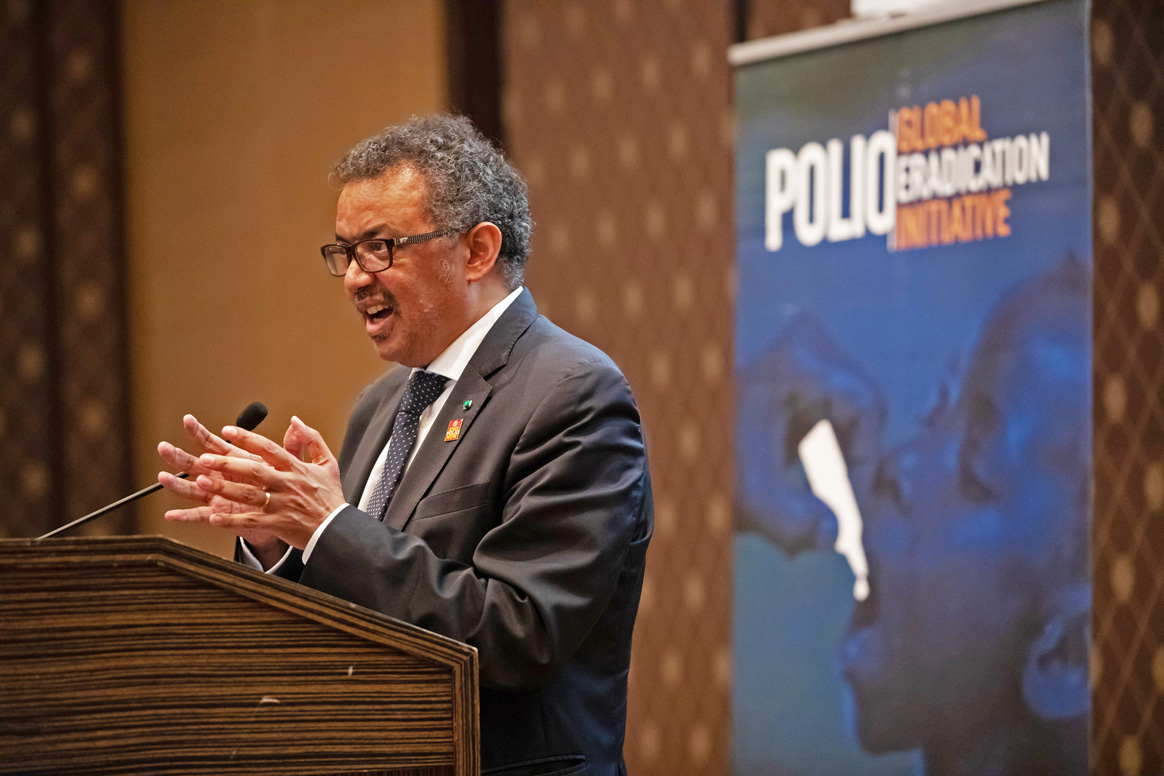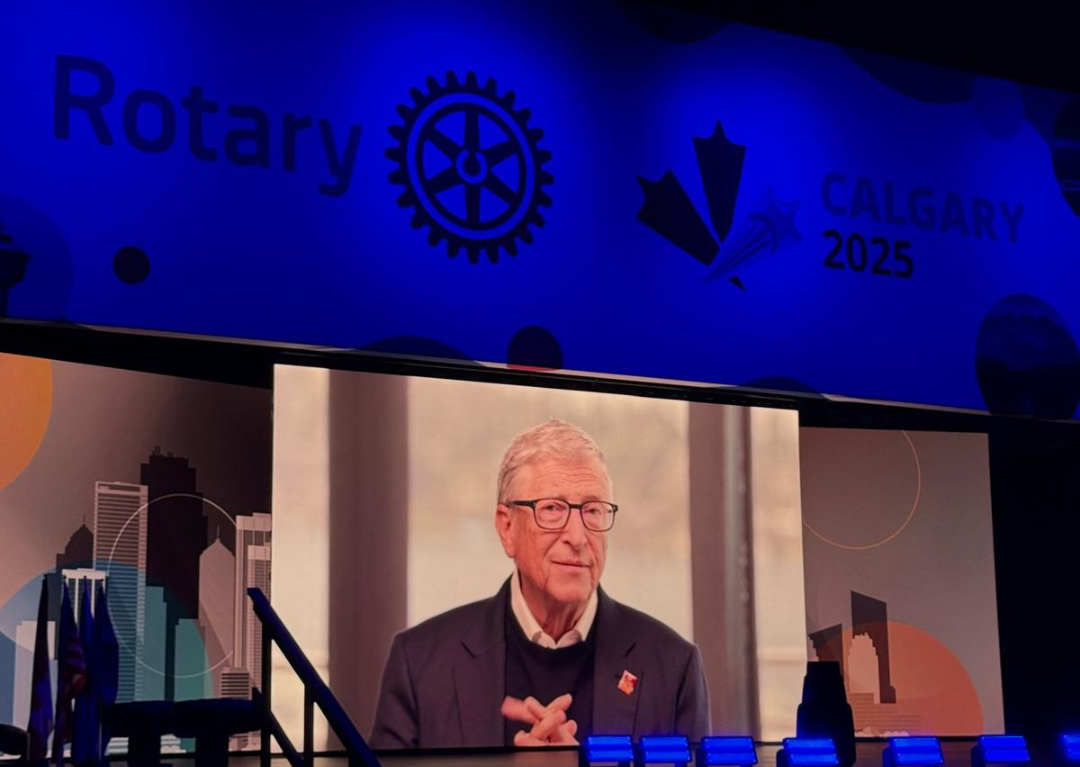
24 January 2015 marks six months with no cases of wild polio reported in Nigeria, the only remaining endemic country in Africa. This milestone marks a major achievement for the global programme, which has faced significant challenges in Nigeria in past years. Through increased political commitment, programmatic innovations and determination from a huge number of stakeholders, Nigeria has taken a significant step forwards. While the need for vigilance remains, the country has never passed six months without a case, leading to a cautious hope for the programme.
Case numbers in Africa decreased by 92% between 2013 and 2014. In 2013, outbreaks in central Africa and the Horn of Africa, plus continued transmission in Nigeria, left children across the continent at risk of polio. However, 2014 saw the outbreaks slow, and no case of wild polio has been reported across the whole continent since August 2014.
Progress in Nigeria is the result of incredible efforts from the national polio eradication programme with support from the partners of the Global Polio Eradication Initiative. For years, Nigeria posed one of the greatest challenges to global eradication, with many children missed during vaccination campaigns in hard to access areas and low levels of campaign quality. More children than ever before are being immunized, with data indicating that as many as more than 90% of children having received more than three doses of oral polio vaccine, including in traditional high-risk areas.
Increased insecurity in northern Nigeria has posed a significant challenge to eradication efforts in recent months. And key challenges remain. In some areas, access remains an issue and strategies focus during and in-between campaigns to enhance immunity, including through special outreach in hard-to-reach communities, focus on internally-displaced persons camps and providing additional health services in health camps.
At the same time, a persistent circulating vaccine-derived poliovirus type 2 outbreak must be stopped. As part of this, vaccine mix is being optimised during upcoming immunization campaigns, including in key areas with inactivated polio vaccine, to ensure immunity levels to both type 1 and type 2 poliovirus can be further raised. And subnational surveillance gaps must be fully filled, to enable the rapid detection (and subsequent response) to any residual virus transmission.
The Expert Review Committee on Polio Eradication and Routine Immunization (ERC), the country’s technical advisory body, is meeting on 21-22 January 2015 to review current epidemiology and put in place an aggressive plan to ensure a polio-free Nigeria can be rapidly achieved in 2015.
Despite the major progress in Nigeria in 2014, focus must be maintained for the critical months ahead. The gains that have been made are delicate. Losing momentum now, when so much has been done to protect children across Africa, would be a major setback for the global programme.


